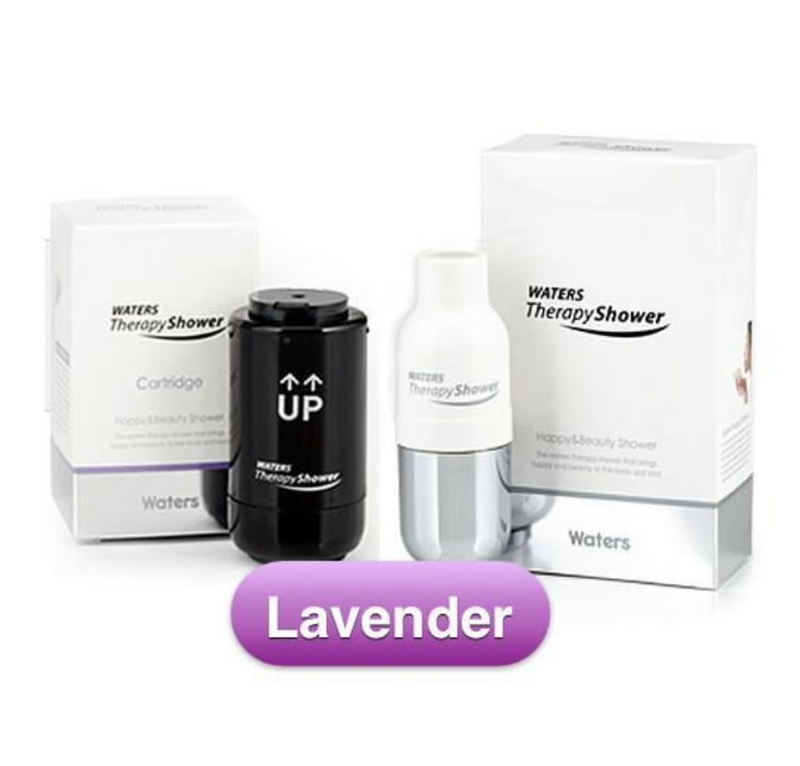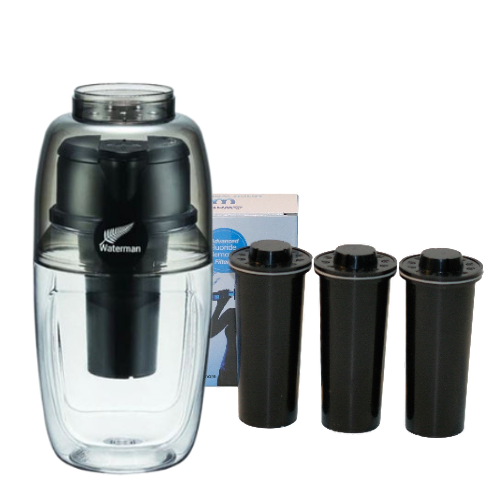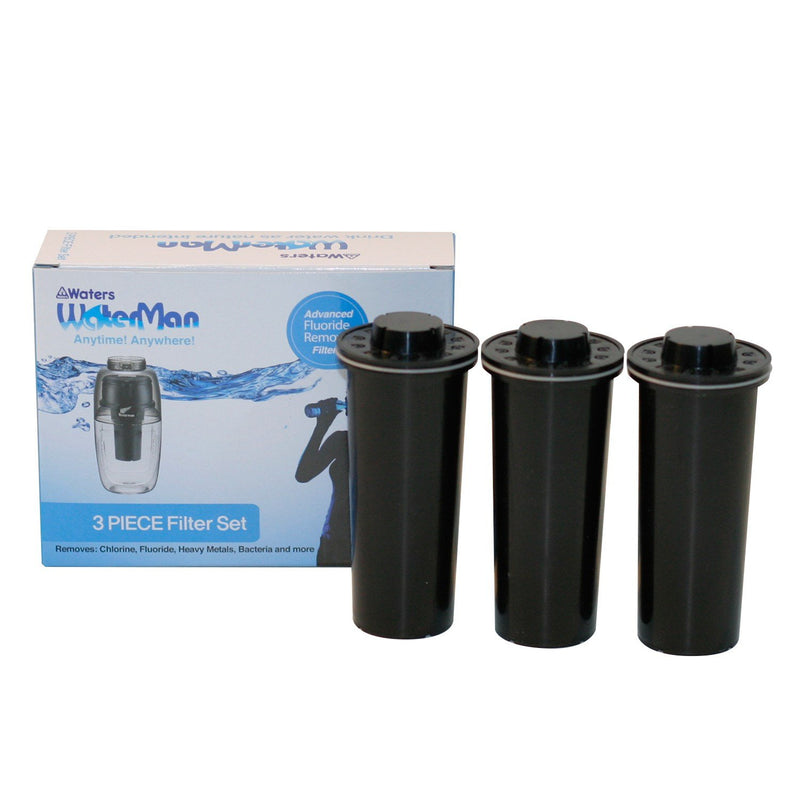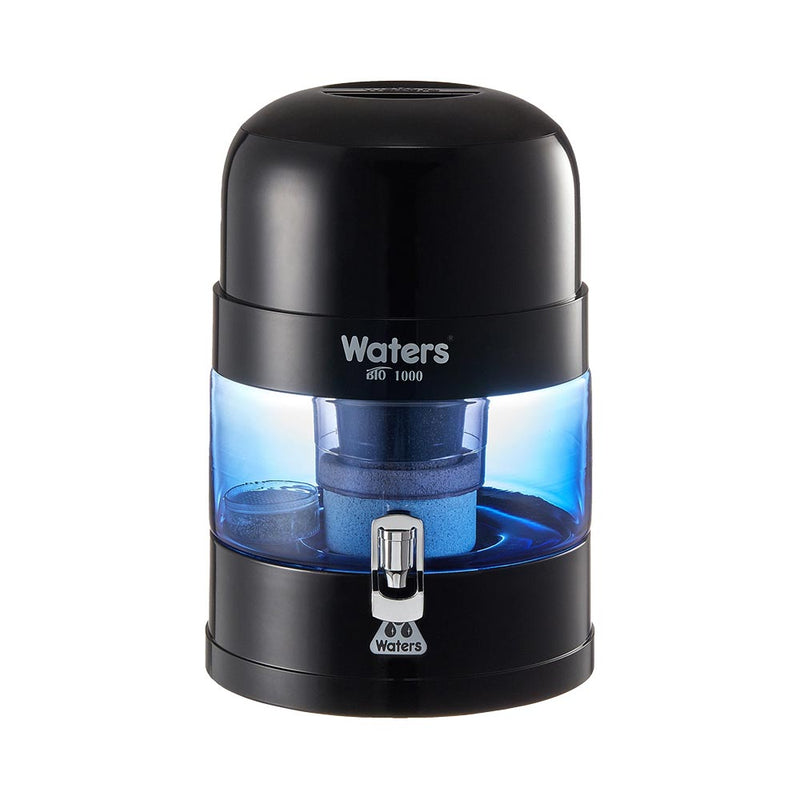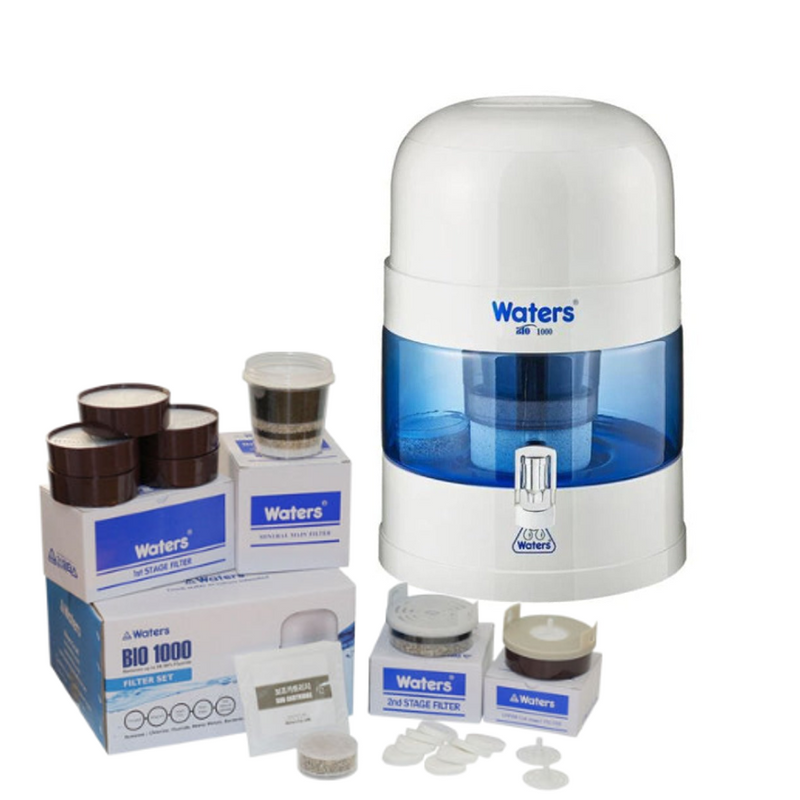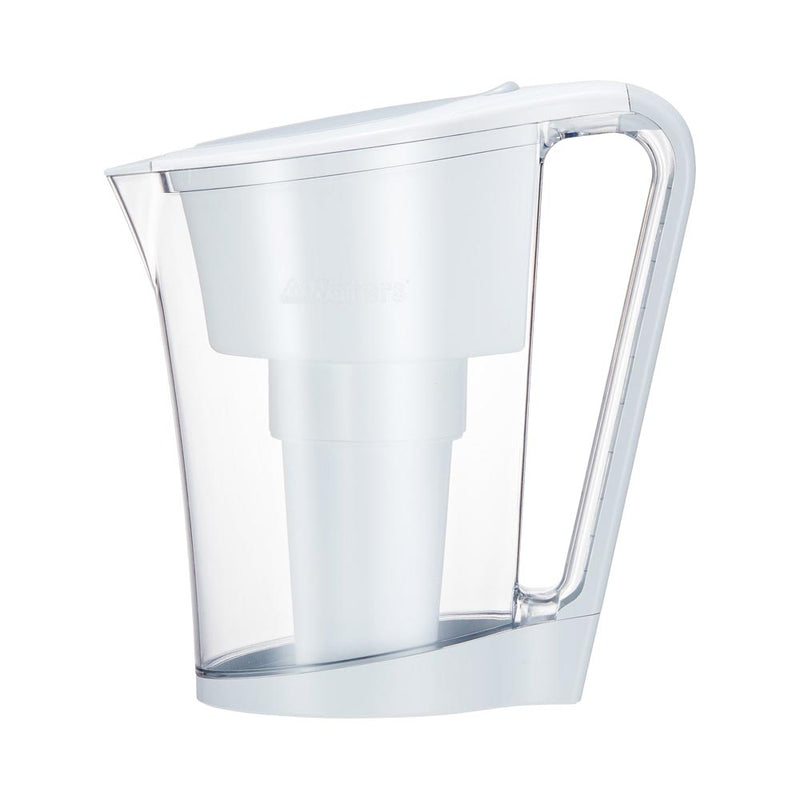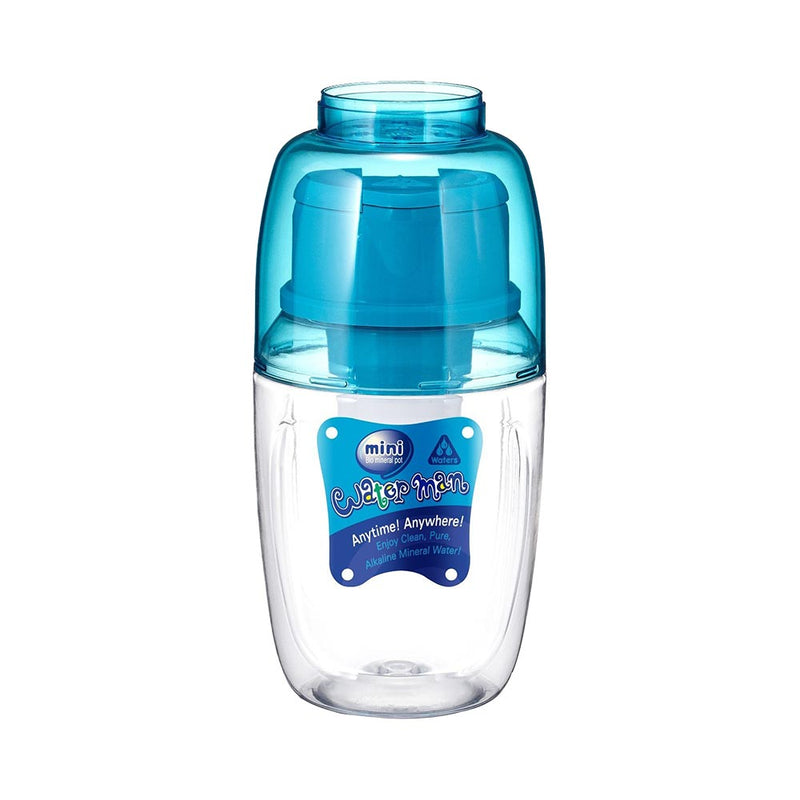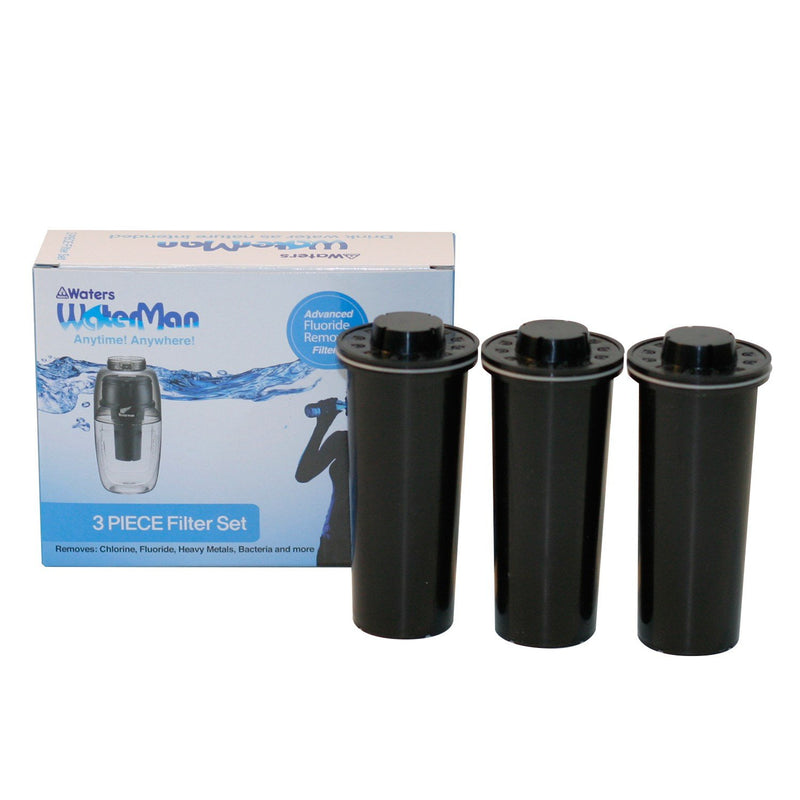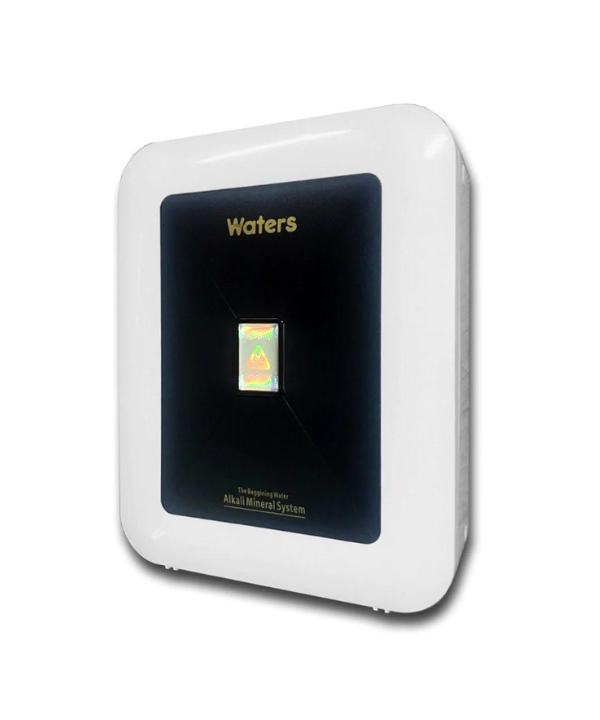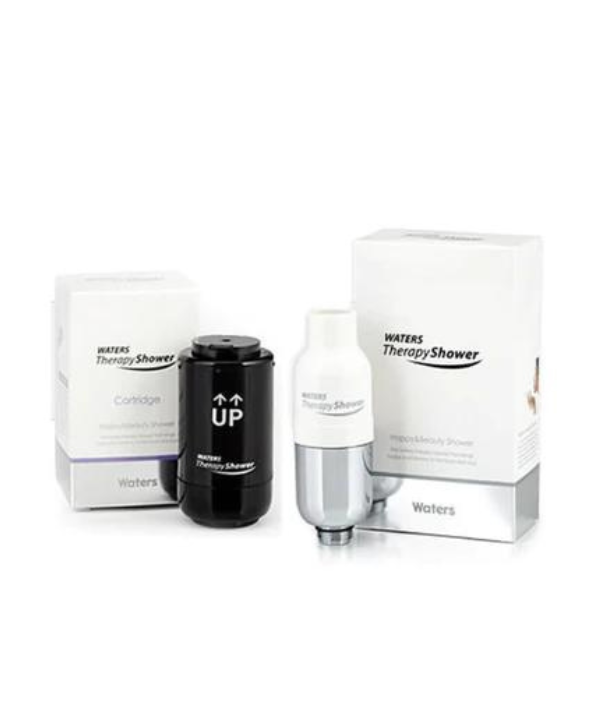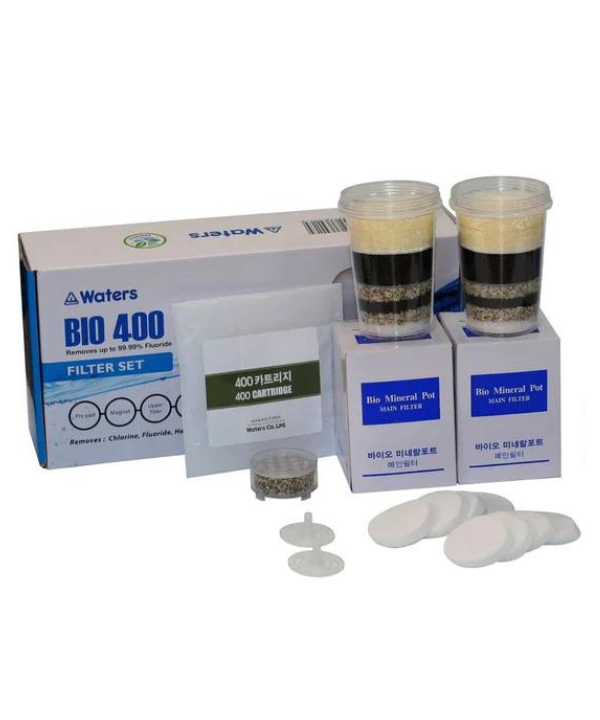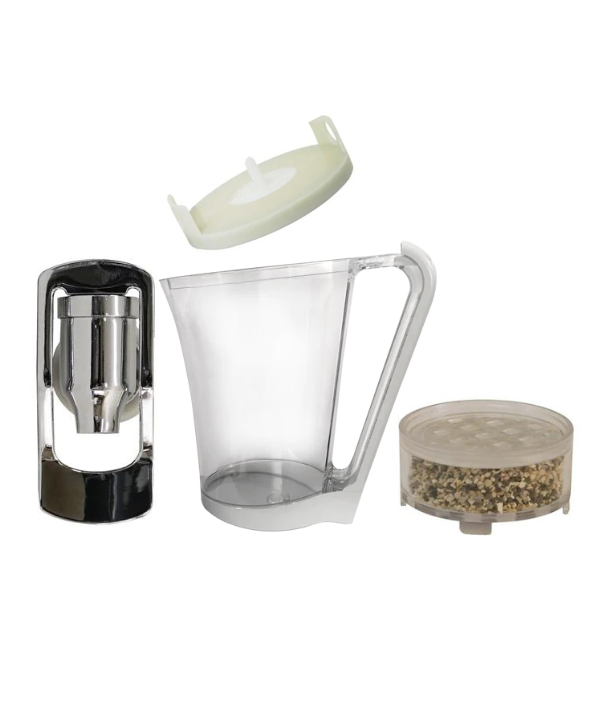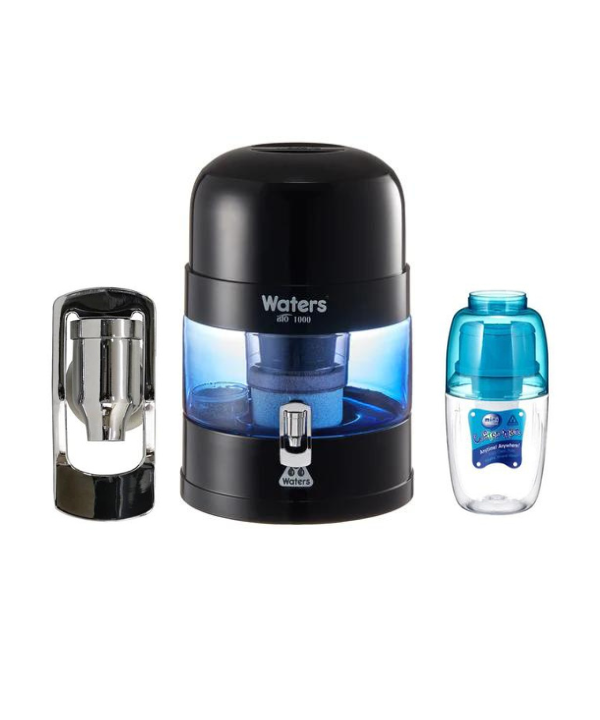World Environment Day 2024:
Tackling Plastic Pollution with Sustainable Solutions
June 5th is World Environment Day. This year’s global focus is on one of the most pressing environmental issues of our time: plastic pollution. Plastic waste is choking our oceans, littering our landscapes, and endangering wildlife. As a society, it's crucial to take action and reduce our reliance on single-use plastics. At Waters Co Filters, we're dedicated to promoting sustainable living through clean, healthy water solutions. Today, we'll explore the impact of plastic pollution and offer ten practical ways we can all reduce single-use plastics, including the use of water filters at home, office, and during travel.
The Impact of Plastic Pollution
Plastic pollution is a global crisis with far-reaching consequences. According to a 2022 study published in the journal "Science Advances," over 8.3 billion metric tons of plastic have been produced since the 1950s. Out of this vast amount, only 9% has been recycled. The rest ends up in landfills, oceans, and the environment, taking hundreds of years to decompose.
Plastic pollution significantly affects marine life, with over 700 species, including endangered ones, impacted by plastic debris through ingestion, entanglement, and habitat disruption. Microplastics, tiny plastic particles, have infiltrated the food chain, posing potential health risks to humans.

Ten Ways to Reduce Single-Use Plastics
- **Use Reusable Water Bottles and Filters**
One of the most effective ways to reduce single-use plastic is by using reusable water bottles. Waters Co Filters offer portable filters which are a must have item for travel or work and filter jugs that provide clean, safe alkaline mineralised water on the go. By investing in a high-quality water filter, you can avoid buying bottled water, significantly reducing plastic waste and saving a bunch of money.
- **Bring Your Own Shopping Bags**
Plastic shopping bags are a major contributor to pollution. Switch to reusable shopping bags made from cloth or other sustainable materials. Keep a few in your car or bag, so you're always prepared.
- **Choose Reusable Coffee Cups**
Disposable coffee cups often contain plastic linings that are not recyclable. Bring your own reusable coffee cup to your favourite café. Many coffee shops even offer discounts for using your own cup.
- **Say No to Plastic Straws**
Plastic straws are among the top items found during beach cleanups. Many animals, such as turtles, have been known to choke on plastic straws. Consider not using any at all, or using stainless steel straws. Some restaurants now provide biodegradable alternatives or straws only upon request.
- **Avoid Plastic Packaging**
When shopping, choose products with minimal or no plastic packaging. Opt for items in glass, paper, or metal containers. Support brands that prioritise sustainable packaging solutions. Take your own reusable mesh veggie bags when buying your fruit & veg.
- **Use Beeswax Wraps Instead of Plastic Cling Wrap**
Beeswax wraps are a reusable, eco-friendly alternative to plastic wrap for food storage. They are washable, biodegradable, and come in various sizes to suit your needs. Alternatively invest in food safe glass containers for storing foods.
- **Choose Refillable Products**
Many personal care products, such as shampoos, conditioners, and soaps, now come in refillable packaging. Support brands that offer refill stations or bulk purchase options to reduce plastic waste.
- **Support Plastic-Free Initiatives**
Get involved in community initiatives that aim to reduce plastic use. Participate in beach cleanups, support local businesses that promote sustainability, and advocate for plastic bans and regulations in your area.
- **Educate Others**
Raising awareness about plastic pollution and its impact is crucial. Share information with friends, family, and colleagues. Use social media platforms to spread the message and encourage others to take action.
- ** Reduce your carbon footprint: Shop Local & Support Small Businesses & Farmers**
Trying to shop in local stores and support locally grown produce makers helps to reduce our carbon footprint. We need to eat seasonally and not expect to have certain foods available all year round that end up being flown half way around the World. Try to support the local farmers, butchers, greengrocers and by visiting farmer’s markets for all of your fresh produce.

The Role of Waters Co Filters in Reducing Plastic Pollution:
At Waters Co Filters, we believe that access to clean water should not come at the expense of the environment. Our range of water filters includes benchtop filters, filter jug, under-sink filters, and portable water filter options perfect for home, office, and travel. By using our filters, you can enjoy healthy, great-tasting water without the need for single-use plastic bottles.
Waters Co Filters is committed to providing sustainable water filtration solutions that help reduce plastic waste. Our filters are designed to last, with replaceable cartridges that minimise waste and ensure optimal performance. By choosing Waters Co Filters, you are investing in a healthier planet and a healthier you.
Our water filters are not only practical but also beneficial for your health. They remove impurities, chlorine, and other contaminants, while enhancing the water with essential minerals. This results in alkaline, activated, and ionised mineral water that supports overall well-being.
When your filter needs changing, you can dispose of the filter media in your green waste bin & the outer housings can go in the yellow bin for recycling.
Conclusion
World Environment Day 2024 is a reminder that we all have a role to play in tackling plastic pollution. By making conscious choices and adopting sustainable practices, we can significantly reduce our plastic footprint. Waters Co Filters is proud to be part of the solution, offering eco-friendly water filtration products that promote a healthier lifestyle and a cleaner planet.
Let's celebrate World Environment Day by committing to these ten actionable steps. Together, we can make a difference and ensure a sustainable future for generations to come.
References:
- Geyer, R., Jambeck, J. R., & Law, K. L. (2017). Production, use, and fate of all plastics ever made. *Science Advances*, 3(7), e1700782.
- Lavers, J. L., & Bond, A. L. (2017). Exceptional and rapid accumulation of anthropogenic debris on one of the world's most remote and pristine islands. *Proceedings of the National Academy of Sciences*, 114(23), 6052-6055.
- Rochman, C. M., Tahir, A., Williams, S. L., Baxa, D. V., Lam, R., Miller, J. T., ... & Teh, S. J. (2015). Anthropogenic debris in seafood: Plastic debris and fibers from textiles in fish and bivalves sold for human consumption. *Scientific Reports*, 5, 14340.


